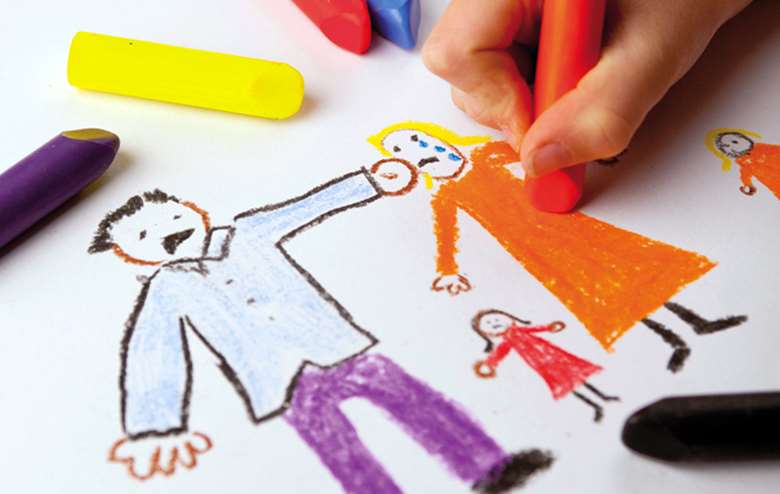Child witnesses of domestic abuse missed by social care
Derren Hayes
Thursday, February 27, 2014
Nearly half of children exposed to domestic violence are unknown to social care services resulting in them being put at greater risk, domestic abuse campaigners warn.

Data gathered by Co-ordinated Action Against Domestic Abuse (Caada) on 877 children showed that 46 per cent of those exposed to domestic abuse were unknown to children’s services prior to them being engaged by a specialist domestic violence worker.
In addition, 37 per cent of children exposed to severe domestic abuse – which includes physical, sexual and emotional abuse – were not known about by social care prior to intake to a specialist service.
The study – which looked at cases across four specialist domestic abuse services between February 2011 and September 2013 – also found that around half of the children unknown to social care were known to at least one other agency, with the police accounting for 30 per cent of such cases.
Caada’s In Plain Sight report describes the findings as “very concerning” because the longer children witness domestic violence in the home the more at risk they are of being abused themselves.
It says the research highlights the lack of shared understanding among public services about the risks of domestic abuse to children, and is calling for better co-ordination in how services respond to concerns.
Key recommendations of the report include the creation of a network of lead professional working across adult and children’s services to assess a child’s needs; joint assessments of risk posed to mothers and children; and better information sharing across services.
Diana Barran, chief executive of Caada, said: “Domestic abuse is a factor in the background of two thirds of serious case reviews. For too long services have worked in silos, with different assessments of risk around adult domestic abuse and children’s safeguarding. To prevent further needless deaths, leadership is needed to move agencies from a culture of referrals to one of proactive and effective joint action.”
Children who experience domestic violence are more likely to suffer from mental health problems, have difficulties at school and display abusive behaviour themselves.
Andrew Webb, president of the Association of Directors of Children’s Services, said: “It is absolutely vital that all agencies work together to protect children from harm. The impact of domestic violence on children is profound and the police, in particular, have a critical role to play in assessing the risk to children as well as adults when attending incidents.
"All agencies, including police, health, education and other professionals have a responsibility to refer families to children’s social care when they have concerns about domestic violence.”




